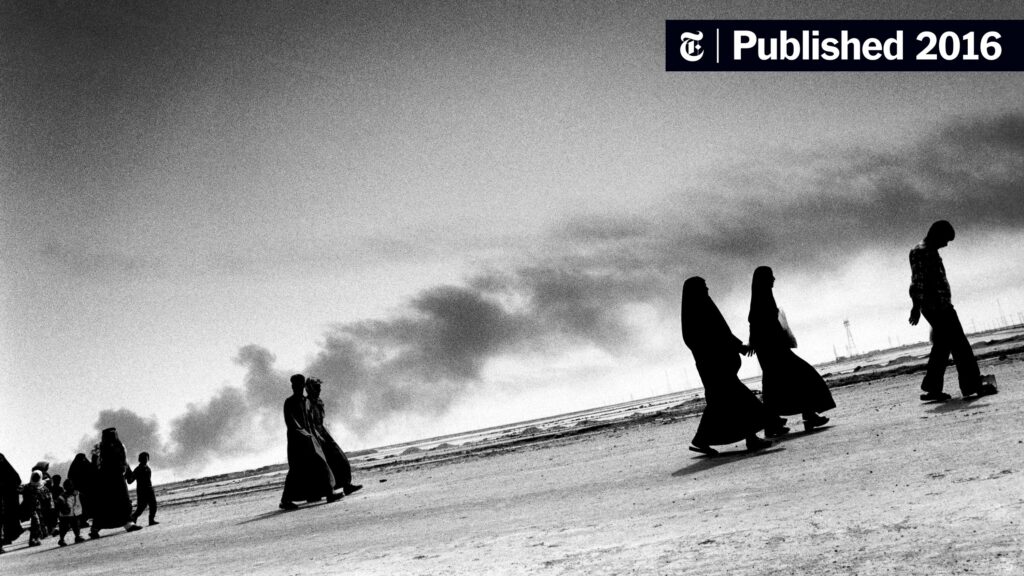The content provided is an introduction to the Israel-Palestine conflict in modern times. It discusses the conflict’s historical background, including the origins of conflict, territorial disputes and occupation, religious and cultural differences, attempts at peace and international involvement, the humanitarian crisis and human rights concerns, the importance of dialogue and understanding, and a hope for peace. The content emphasizes the complexities of the conflict and the need for understanding and cooperation from all parties involved in order to achieve a peaceful resolution.
Torn Apart: Unraveling the Israel-Palestine Conflict in Modern Times
The Historical Background
The Israel-Palestine conflict is a complex and deeply rooted issue that has been ongoing for decades. It is a conflict fueled by historical, religious, and territorial tensions between Israelis and Palestinians. To understand the conflict in modern times, it is crucial to examine its historical background.
Origins of Conflict
The conflict can be traced back to the late 19th century when Zionism, a Jewish nationalist movement, emerged with the aim of establishing a homeland for Jews in Palestine. The foundations of modern Israel were laid with the declaration of the establishment of the State of Israel in 1948. However, this led to the displacement of hundreds of thousands of Palestinians and the creation of refugee camps.
Territorial Disputes and Occupation
One of the key areas of contention in the conflict is the issue of territorial control. The State of Israel currently occupies the West Bank and East Jerusalem, territories that are considered by Palestinians as part of a future independent state. The Israeli settlements in these areas have been a major source of controversy and obstacles to peace negotiations.
Religious and Cultural Differences
The conflict also has deep religious and cultural dimensions. Jerusalem, a city considered holy by Jews, Christians, and Muslims, is at the heart of the conflict. The competing claims and aspirations of both Israelis and Palestinians regarding this city have often escalated tensions and hindered progress towards any resolution.
Attempts at Peace and International Involvement
Throughout the years, various peace initiatives and negotiations have taken place, with the aim of finding a lasting solution to the conflict. The Oslo Accords in the 1990s brought hope for a peaceful resolution, but the process has since stalled. The international community, including the United Nations, has played a significant role in mediating the conflict, but achieving a breakthrough remains elusive.
Humanitarian Crisis and Human Rights Concerns
The Israel-Palestine conflict has resulted in a humanitarian crisis, with both Israelis and Palestinians suffering the consequences. The Palestinians living in the West Bank and Gaza Strip face daily hardships due to restrictions on movement, lack of basic services, and a struggling economy. On the other hand, Israel has faced security concerns and ongoing attacks from armed groups.
The Importance of Dialogue and Understanding
Resolving the Israel-Palestine conflict requires sustained dialogue, understanding, and empathy from all parties involved. It is crucial to acknowledge the past grievances and work towards a future that ensures the rights, dignity, and security of both Israelis and Palestinians.
A Hope for Peace
While the Israel-Palestine conflict may seem entrenched, there is always room for hope. People of goodwill, both within the region and internationally, continue to work towards a just and lasting peace. It is through sincere efforts, respect for human rights, and a commitment to dialogue that the path to peace can be found.
Conclusion
The Israel-Palestine conflict is an intricate issue with historical, territorial, religious, and cultural dimensions. Its complexities need to be properly understood and addressed for a peaceful resolution to be achieved. With international cooperation and a genuine commitment to dialogue, there is hope that the long-standing conflict can be unraveled and a better future can be built for Israelis and Palestinians alike.
